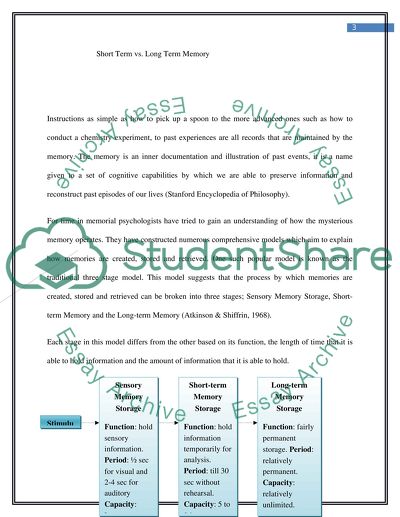Cite this document
(“Short Term vs. Long Term Memory Research Paper Example | Topics and Well Written Essays - 1000 words”, n.d.)
Retrieved from https://studentshare.org/psychology/1430745-short-term-memory-vs-long-term-memory
Retrieved from https://studentshare.org/psychology/1430745-short-term-memory-vs-long-term-memory
(Short Term Vs. Long Term Memory Research Paper Example | Topics and Well Written Essays - 1000 Words)
https://studentshare.org/psychology/1430745-short-term-memory-vs-long-term-memory.
https://studentshare.org/psychology/1430745-short-term-memory-vs-long-term-memory.
“Short Term Vs. Long Term Memory Research Paper Example | Topics and Well Written Essays - 1000 Words”, n.d. https://studentshare.org/psychology/1430745-short-term-memory-vs-long-term-memory.


